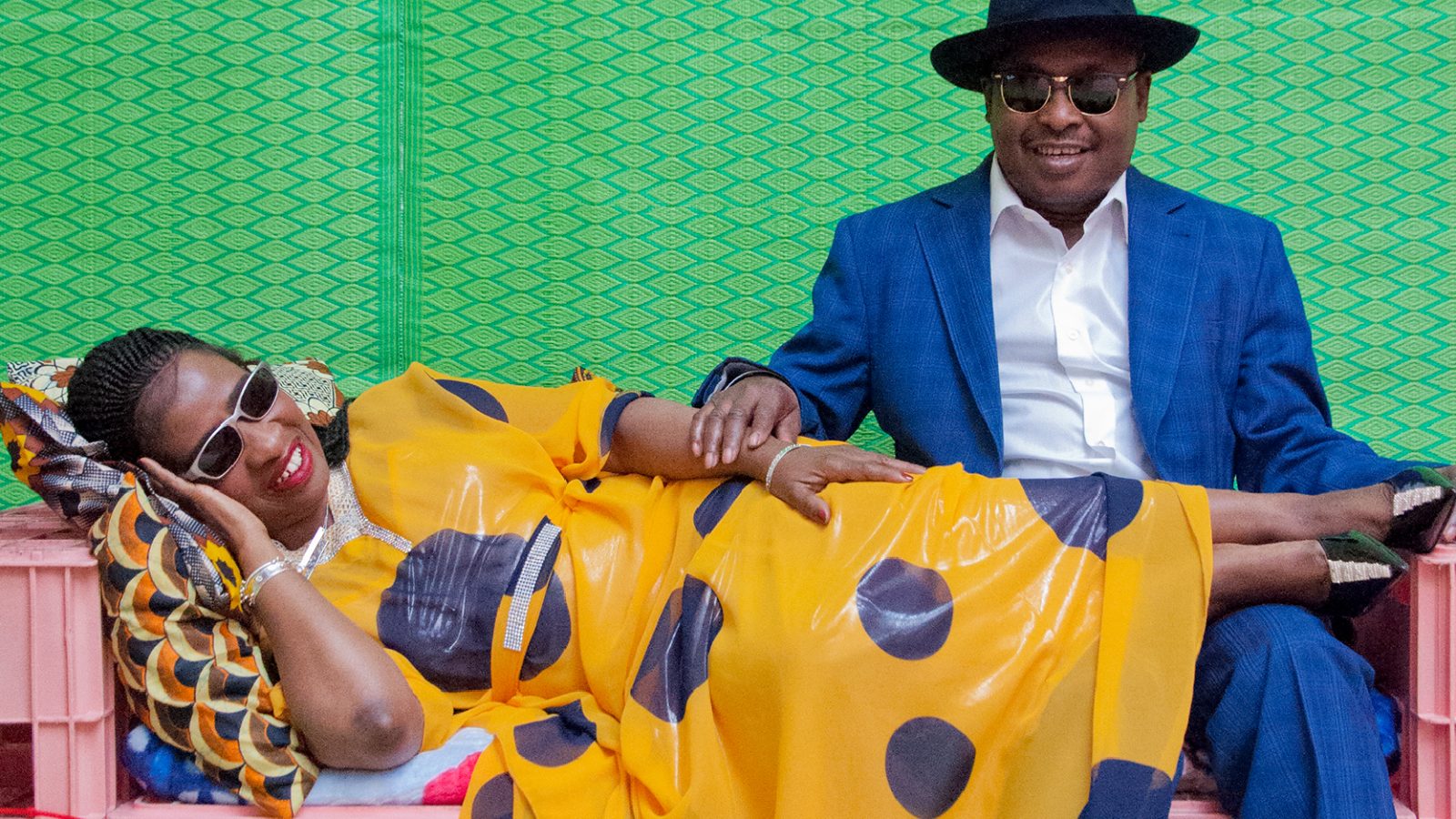There are three main regional styles of Mande jeli music, corresponding roughly to the three main Mande languages. Maninka jeli music is the most widespread and influential. It has seven-note scales, and long, florid and virtuoso melodies that adapt well to harmonic arrangements. Many of the top performers of both Guinea and Mali, such as Salif Keita, Kassé Mady Diabaté, Kandia Kouyaté, Toumani Diabaté, Habib Koité and Sekouba Bambino Diabaté specialize in the Maninka style. It has been a major inspiration for the Rail Band, Les Ambassadeurs and Badema National.
The Bamana style of central Mali tends to be more static, with mostly five-note (pentatonic) melodies, in slow tempo. The preferred instrument is the large ngoni, and it is closer to the music of the northern desert regions, and thus the blues. Bamana jeli music is considered classical and prestigious.
The late, blind Bamana ngoniwell does not come from a traditional musical background, which gives her the freedom to experiment, and she has become an iconic performer on the World Music scene as well as at home. She points out that the Bamana tradition is extremely diverse, covering jeli and non-jeli traditions, including the highly rhythmic dance music of the balani (two large interlocking pentatonic balafons) and the expressive bara line dance performed by women.
Habib Koité goes way beyond the confines of his own native jeli tradition from Kayes in the northwest of the country, borrowing songs from many different ethnic traditions around Mali including the Bamana and the hunters of the south (as on “Maya”). He often asks, ‘Why borrow from global styles, when we have a whole world of different kinds of music within our own country?’ Another musician who draws mainly on the non-jeli Bamana style, mixing it with a raw electric blues sound, is singer-guitarist Lobi Traoré, a regular performer on the bar circuit of Bamako’s vibrant nightclub scene.
The music of Amadou & Mariam, although venturing boldly into the world of French rock and pop, is nevertheless profoundly based in their own Bamana culture. Both musicians originally hail from Bougouni, on the border with the Wasulu region, and this is evident in their strong rhythms and pentatonic melodies. An excellent example is their track “Coulibaly”, which honours the royal lineage of Segou.


